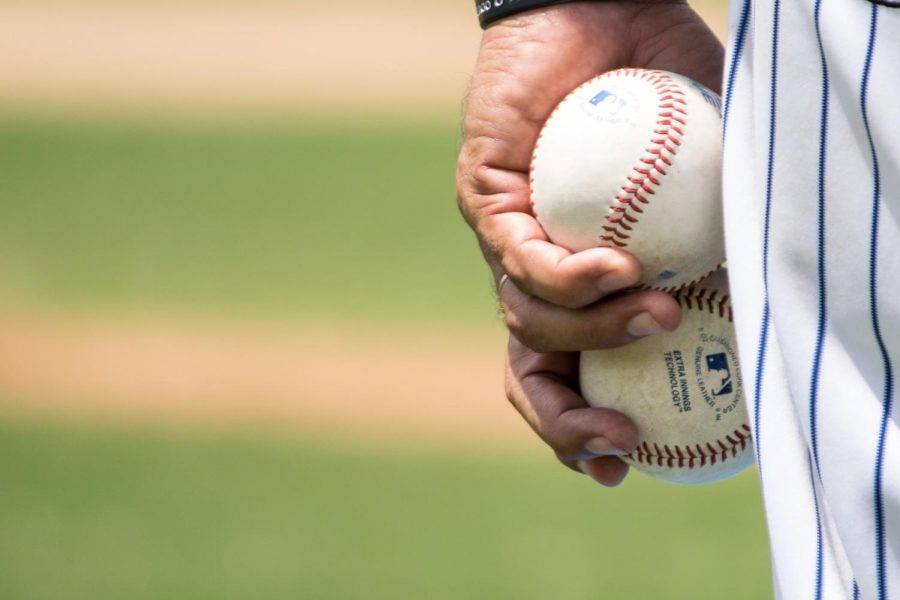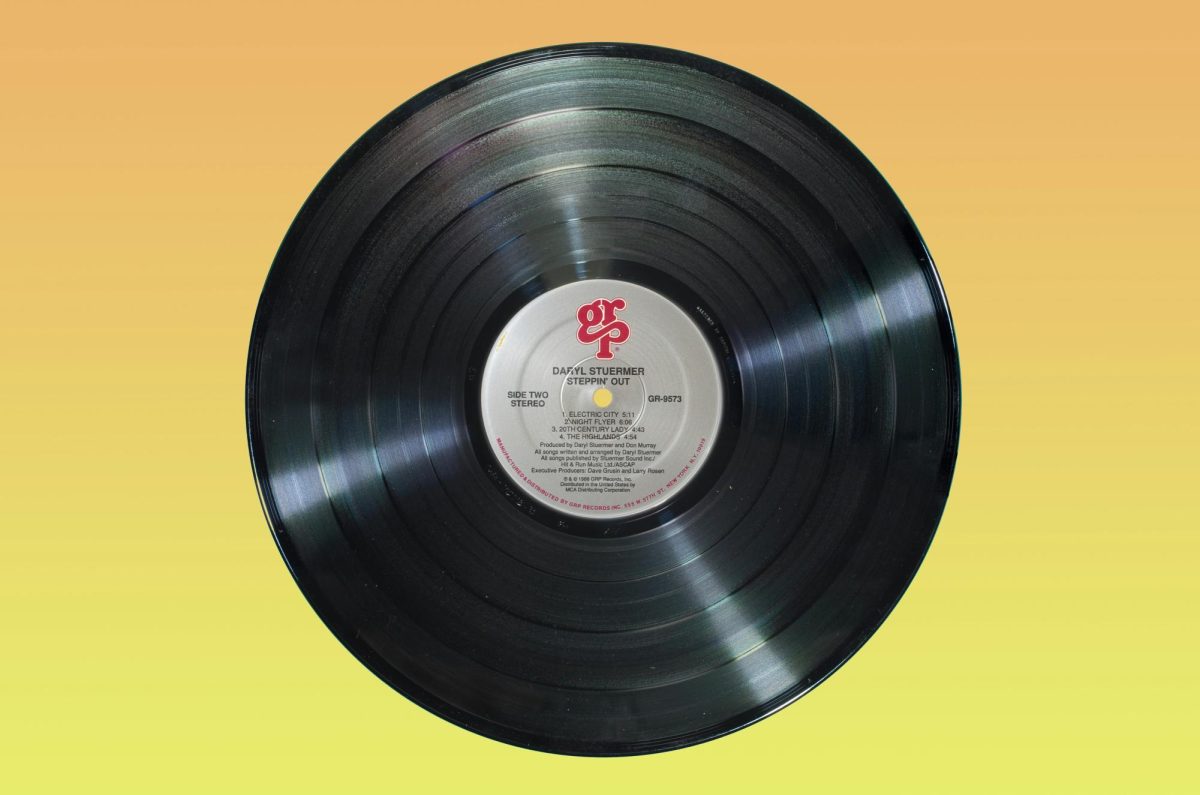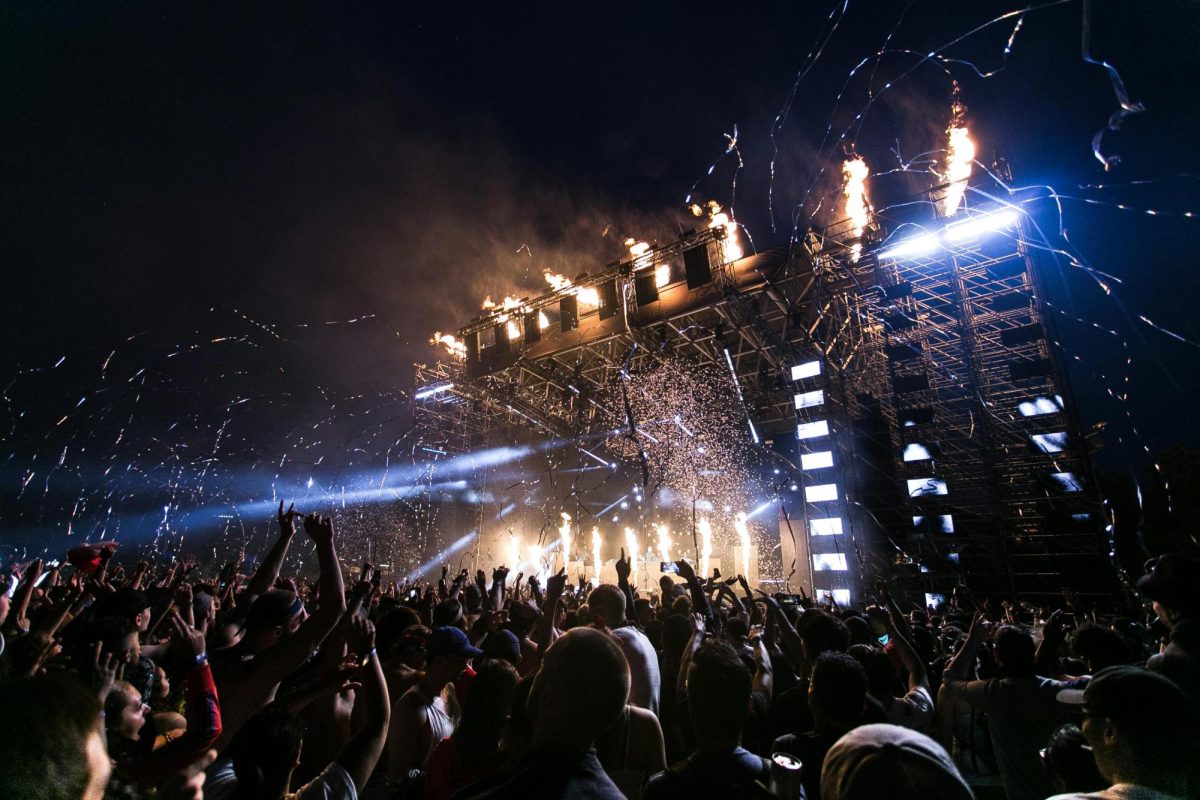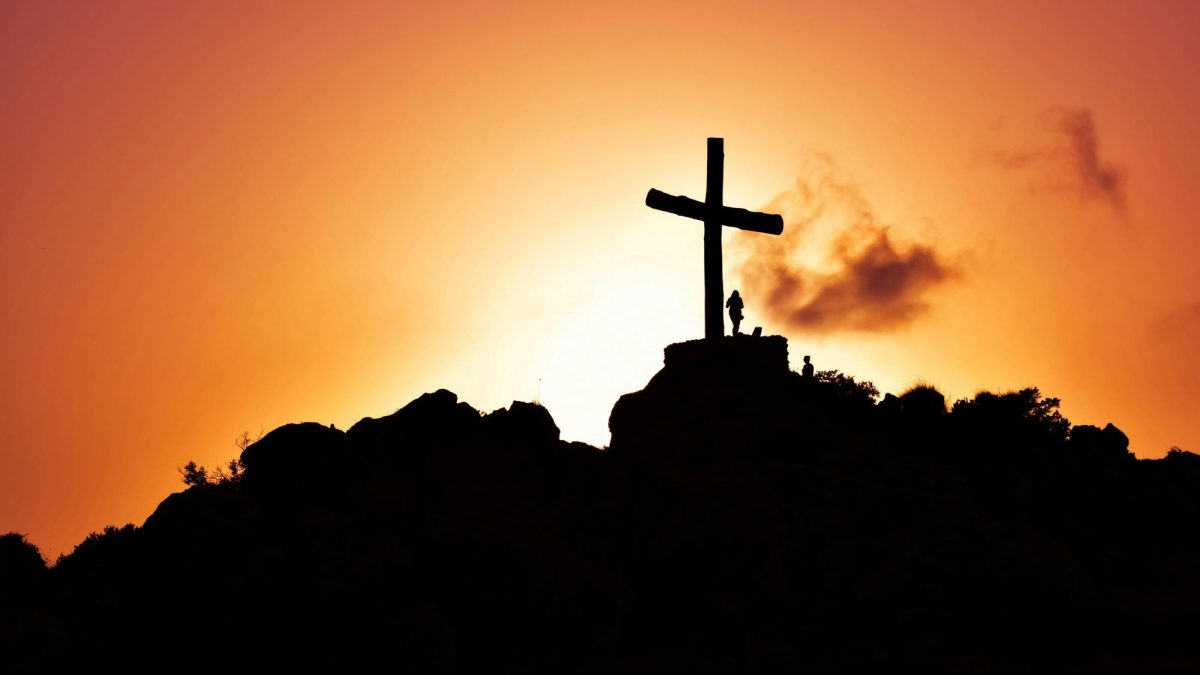The MLB Lockout
January 13, 2022
A Major League Baseball lockout hasn’t occurred in over 26 years. However, on December 2nd, 2021, history was made when MLB owners unanimously voted to enter into a lockout. The MLB lockout is a huge deal, and can have major implications for the whole league. “America needs baseball,” Aaron, an avid MLB fan says.
A lockout means that an indefinite work stoppage has been enacted for all players and coaches. This is done so that the MLB owners and managers can make a bargaining agreement asmake contract negotiations, which would impact the season. The point of making the players and coaches stop is to put more pressure on the union to come to an agreement. The agreement made holds together everything so players can play and so every team can manage their teams by signing players, staff, and trading.
There is one main question to the current MLB Lockout. What will it affect? This time around, the number of games of the season is a main concern amongst fans. “Hopefully all 162 games [are played],” Tom, another fan, wishes. A 162 game season is the regular amount of games for a MLB season, but this has a good chance to change and be decreased due to the lockout. However, Robert Sullivan, a fan of the MLB for over 25 years, believes “it’s a 70 percent chance we’ll have all 162 games.”
Thought the lockout can be scary for fans, Stilp believes “If COVID-19 didn’t stop the season, a lockout won’t.” Despite his optimism, the chance of not having a season at all is actually possible. Major sports before have had seasons cancelled. For example, the National Hockey League had an entire season cancelled due to an agreement that couldn’t be made. Hopefully, that doesn’t happen to the 2022 MLB season.
The lockout can also affect players and teams: “A team has more time to decide what player they want to sign without the risk of a different team signing them.” This creates a huge shift in the league because a single player can change a team greatly.
Jobs will also be greatly affected by this lockout. Even the individuals who don’t play the sport, but are employed by the stadiums will take a hit. “Food Workers are not going to have jobs over the summer,” says Aaron.
“Every worker that works at the stadium is not going to get their job,” agrees Sullivan. Not only are the athletes’ jobs in jeopardy, but so are the other workers. No games at stadiums means no stadium jobs at all.
“It’s doubtful that they will shut down the whole season,” reassuress Sullivan. Hopefully this lockout can lead to a full and regular MLB season with stronger contracts that will benefit all involved and preserve the many jobs that rely upon the season happening as usual.Baseball fans are optimistic about the lockout, hoping that there will be the same old MLB season. Come opening day of the originally scheduled spring training, we will see how this lockout differs from the season.







Aaron • Jan 19, 2022 at 9:19 am
Great informative article!
Thomas • Jan 19, 2022 at 8:54 am
It will deferentially be interesting to see how the 2022 season turns out!
dewey • Apr 29, 2022 at 10:39 am
agreed
dewey • Apr 29, 2022 at 10:39 am
i really agree